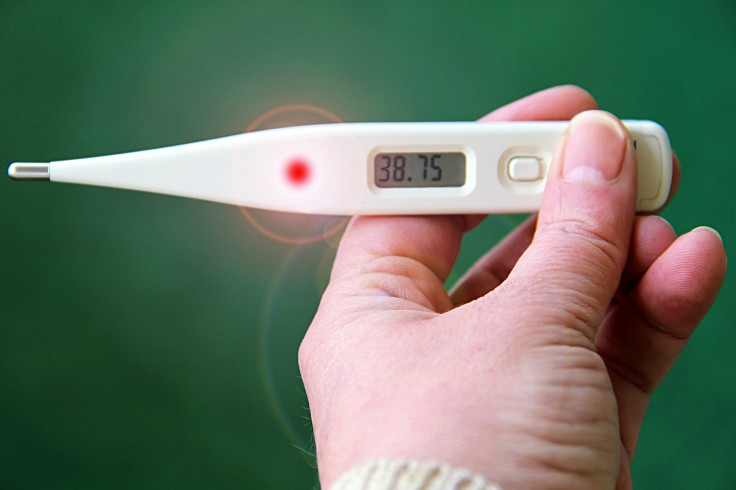World Malaria Day: What To Eat And Not Eat To Speed Up Recovery
World Malaria Day is observed every year on April 25 to raise awareness about the mosquito-borne disease that affects around 290 million people globally every year.
Malaria is a serious and sometimes fatal disease. More than 2,000 cases of malaria are diagnosed in the United States each year.
The theme for this year's World Malaria Day is "Time to deliver zero malaria: invest, innovate, implement." The World Health Organization's aim is to focus on implementing the tools and strategies for tackling malaria by reaching the marginalized populations of society.
Common symptoms of malaria:
- Fever and Chills
- Generally feeling unwell
- Headache and body aches
- Sweats
- Fatigue
- Nausea and vomiting
- Abdominal bleeding
- Difficulty breathing
If not promptly treated, malaria can lead to anemia and jaundice, which may cause kidney failure, seizures, mental confusion, coma and death.
Who is at risk of infection?
People who are exposed to the bites of mosquitoes infected with P. falciparum are most at risk. Young children and pregnant women or travelers coming from areas with no malaria may have little or no immunity to malaria and are likely to become very sick and die from the infection. People living in rural areas with no access to health care are also at a greater risk.
It is estimated that 90% of deaths due to malaria occur in sub-Saharan Africa. Most of these deaths occur in children under 5 years of age.
Prevention:
Certain preventive drugs are recommended for people traveling to areas that are prone to malaria. Using insecticide-treated bed nets and protective clothing can prevent mosquito bites. A malaria vaccine for children is recommended in countries with high numbers of cases.
Foods to avoid when you are infected:
1. High sugar – When fighting an infection, it is always advisable to cut down on sugar as sugary foods can impair the immune response to infection. Excessive sugar intake can also lead to insulin resistance which can complicate the symptoms of malaria.
2. Foods rich in fiber – Highly fibrous foods like green leafy vegetables, fruits with thick skin and whole grain cereals in large quantities need to be avoided.
3. Fried, fatty, and processed foods – Avoid frozen dinners, pre-packaged snacks and canned items when you are fighting malaria as they might have excess salt, sugar and preservatives that interrupt immune response. Fried food and food rich in fat can upset the digestive system.
4. Milk and dairy products – Milk and dairy products are known to cause inflammation in the body and can worsen the symptoms of malaria as these food items are difficult to digest.
5. Alcohol and caffeine – Alcohol should be avoided as it can lead to dehydration and exhaustion. It can also weaken the immune system. Caffeine is not recommended as it can aggravate exhaustion and disrupt sleep necessary for the body to fight the infection.
6. Spicy food and citrus fruits – Foods rich in spices and citrus fruits can irritate the digestive tract, which can worsen symptoms such as vomiting and nausea.
Foods to include in diet:
1. Choose a high-carb diet – Including simple sources of carbohydrates in the diet that do not need much digestion and provide instant energy is the key to recovery.
2. Increase protein consumption – When a person fights malaria, the need for protein increases as the infection can lead to loss of muscle. Including the right kind of protein, along with a high carbohydrate diet, can help in building muscles.
3. Keep your body hydrated – Drinking plenty of water and including coconut water, lemon juice, and orange juice in your diet will help to keep the body hydrated.
4. Increase Vitamin Intake – Try to include foods rich in vitamins A and C such as carrots, beets, and fruits as these vitamins are crucial for the immune system and are rich in antioxidants.

Published by Medicaldaily.com



























